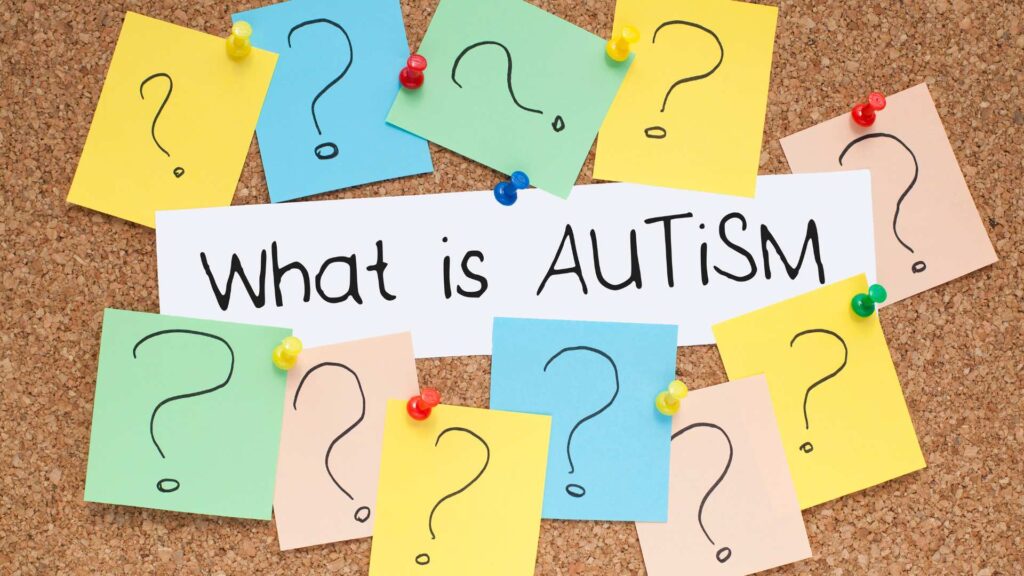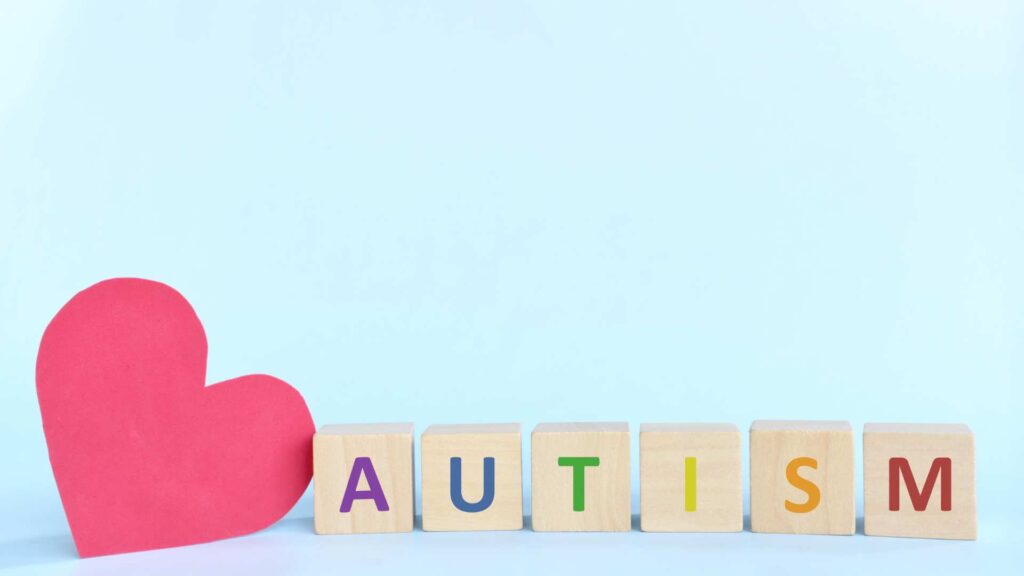Table of Contents
How do I know if I have autism?
We all have unique traits and behaviors that set us apart. However, if you find yourself frequently wondering, “Am I on the Spectrum?” because your thoughts, feelings, or actions seem different from the norm, you might be considering whether you have autism spectrum disorder (ASD) despite not being diagnosed in childhood.
Your behavior, communication, and social interactions differ noticeably from others, or your interests and routines seem distinct. Alternatively, having a child recently diagnosed with autism might have made you reflect on your patterns of behavior and recognize similar traits within yourself.
Although autism is now more widely recognized and accepted, both within the neurodivergent community and society at large, discovering that one might be on the spectrum can still be surprising. However, receiving this diagnosis can also provide relief by offering a clearer understanding of certain behaviors and personal characteristics that previously lacked an explanation.
Let’s explore in this blog by ABA Centers of Georgia the common autism signs so you can answer the question “Am I on the spectrum?” and seek professional diagnosis and support.
What is ASD

Autism is a multifaceted neurodevelopmental disorder, and our understanding of its characteristics, treatment options, and prevalence has significantly advanced over time. According to the CDC, the diagnosis of autism has become more common, now affecting 1 in 36 (2.8%) children aged eight years old.
Critical insights about autism include:
Spectrum Nature: Autism is recognized as a spectrum disorder, which means it manifests in a wide variety of forms and levels of severity. Individuals with autism exhibit a diverse range of strengths and challenges, resulting in different abilities and needs.
Neurodiversity: The neurodiversity perspective highlights that neurological differences, such as autism, are natural variations in the human brain. This viewpoint promotes acceptance and appreciation of these differences rather than treating them as conditions requiring a cure.
Genetic and Environmental Factors: The etiology of autism is complex, involving both genetic predispositions and environmental influences. Specific genetic mutations can increase the likelihood of autism, and various environmental factors during prenatal and early postnatal development can also contribute to its onset.
Early Intervention: Timely intervention is critical for individuals with autism. Programs that enhance communication, social skills, and behavior management during early childhood can lead to significantly better outcomes.
Am I on the Spectrum? Autism Signs You Need to Know
Individuals diagnosed with autism can exhibit a wide range of signs, but according to the DSM-5, there are specific criteria used to support the diagnosis of autism. These criteria may include communication deficits, challenging or repetitive behaviors, and sensory sensitivity. Let’s take a closer look at these behaviors in more detail:
1. Difficulties in Social Situations
- You struggle to maintain eye contact or find it uncomfortable
- You have difficulty understanding and responding to social cues, such as body language and tone of voice
- You find it hard to initiate or sustain conversations, often feeling unsure of what to say next
- You prefer solitary activities over group interactions, feeling overwhelmed or drained by social gatherings
- You tend to interpret language literally, missing out on jokes or sarcasm
- You might find it challenging to form and maintain friendships, often feeling disconnected from your peers
2. Sensory Difficulties
- You feel overwhelmed by loud noises or bright lights, finding these sensory inputs distressing
- You have a strong aversion to certain textures, whether in food, clothing, or your environment
- You experience discomfort with physical touch, preferring not to be hugged or touched unexpectedly
- You seek out specific sensory experiences, such as rocking back and forth or spinning, to self-soothe
- You become easily overwhelmed by crowded or chaotic environments, needing to retreat to quieter, more controlled spaces
3. Signs That Appear at an Early Age
Many signs of autism become apparent in early childhood, including:
- You may have experienced delayed language development, such as speaking later than your peers or needing help with complex sentences
- Difficulty engaging in pretend play or using imagination in play activities
- You used to engage in repetitive behaviors, like lining up toys or flapping your hands
- You had a strong preference for routines and predictability, becoming upset when parents didn’t follow routines
- You may had or still have intense interest in specific topics, sometimes focusing on them exclusively for extended periods
- You displayed limited use of gestures to communicate, relying more on verbal communication or struggling to express needs non-verbally
It’s important to remember that identifying these signs in yourself does not necessarily mean you have autism. Many people may exhibit some of these behaviors without being on the autism spectrum. A professional healthcare professional must perform a formal diagnosis who can, consider the full range of factors, and conduct a comprehensive assessment.
Getting an Official Diagnosis
If you identify with many of the signs mentioned above and suspect you may be on the autism spectrum, seeking an official diagnosis from a qualified healthcare professional is essential. Diagnosis involves a comprehensive assessment that considers your developmental history, behavioral patterns, and current challenges.

The healthcare professional may use standardized assessments like ADOS-2, clinical interviews, and observations to evaluate your symptoms and determine whether they meet the criteria for ASD outlined in the DSM-5. It’s important to remember that receiving a diagnosis can provide clarity and access to appropriate support services tailored to your individual needs.
Receive Support from ABA Centers of Georgia
If reading this blog, you identified many signs in yourself or perhaps a loved one, it is a warning to seek professional help. At ABA Centers of Georgia, we are experts in autism care, from identifying autism to creating therapy plans.
Our experienced team of professionals specializes in providing ABA therapy that focuses on teaching and reinforcing positive behaviors while reducing challenging behaviors, promoting social skills development, and enhancing communication abilities. Through personalized treatment plans, our ABA therapists work collaboratively with individuals and their families to address specific needs and goals, empowering them to lead fulfilling lives.
With a compassionate and evidence-based approach, ABA Centers of Georgia supports families in Alpharetta, Atlanta, Buckhead, and Marietta every step of the way.
Call us at (855) 929-5058 or schedule a free consultation with our team to learn more about our services and how we can assist you on your journey.









